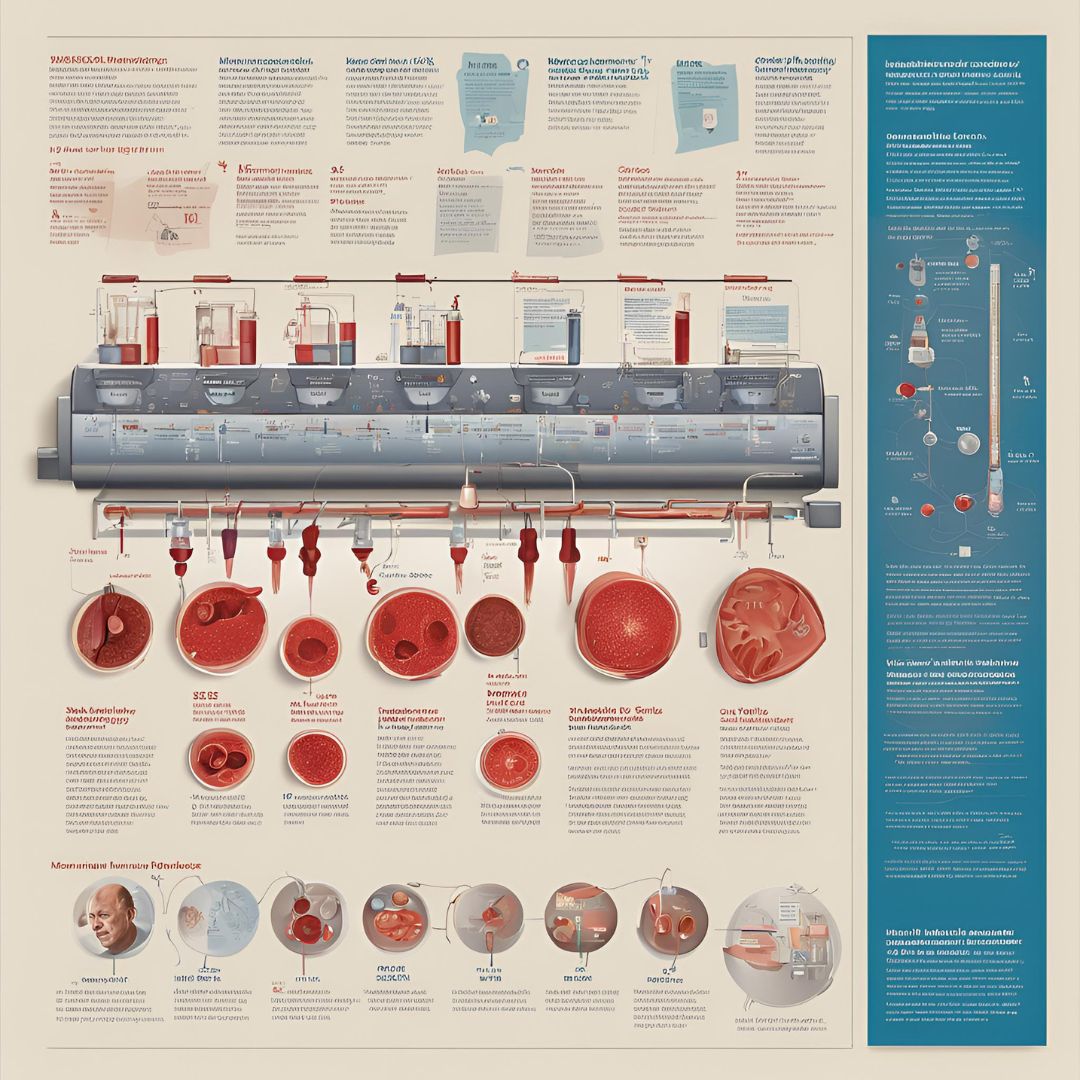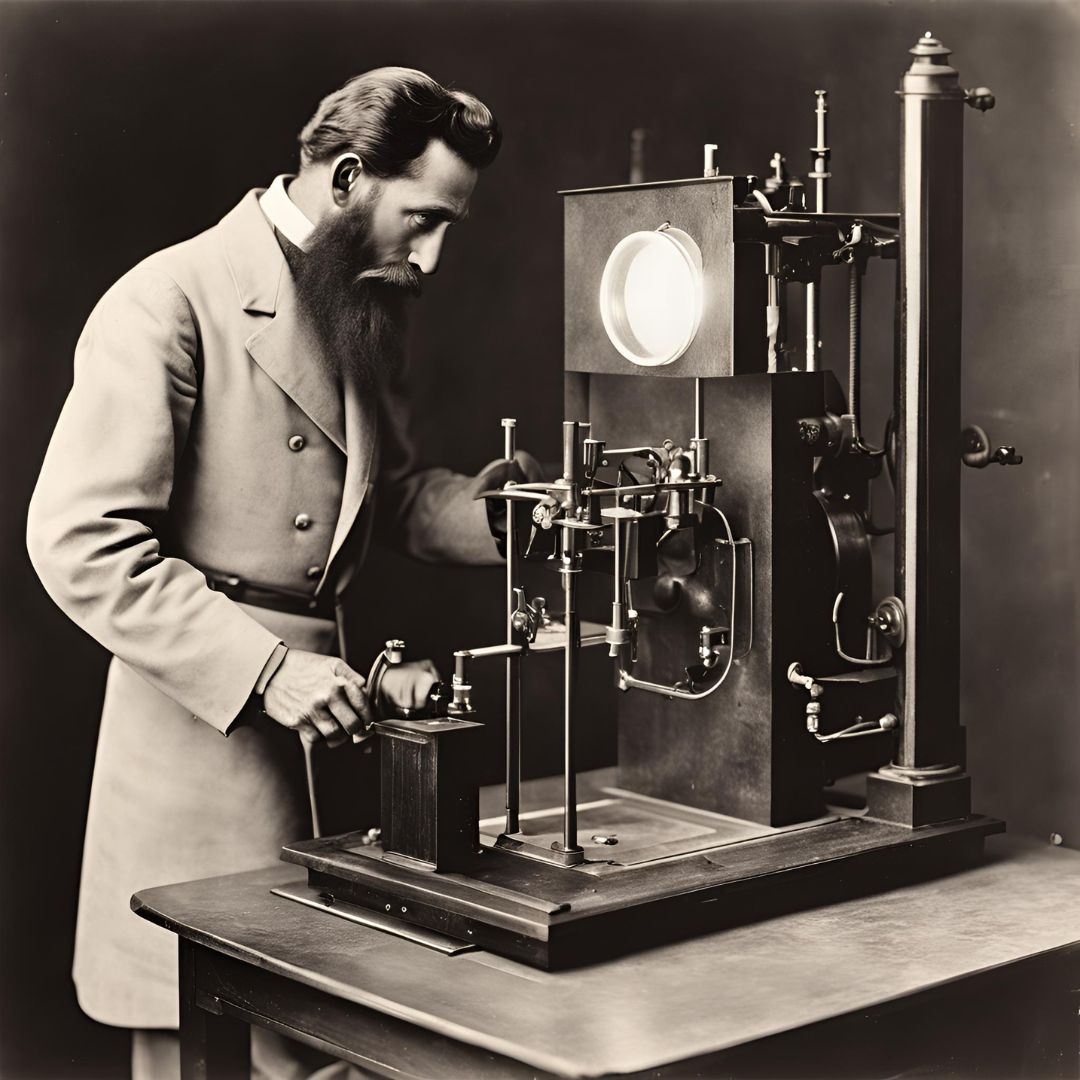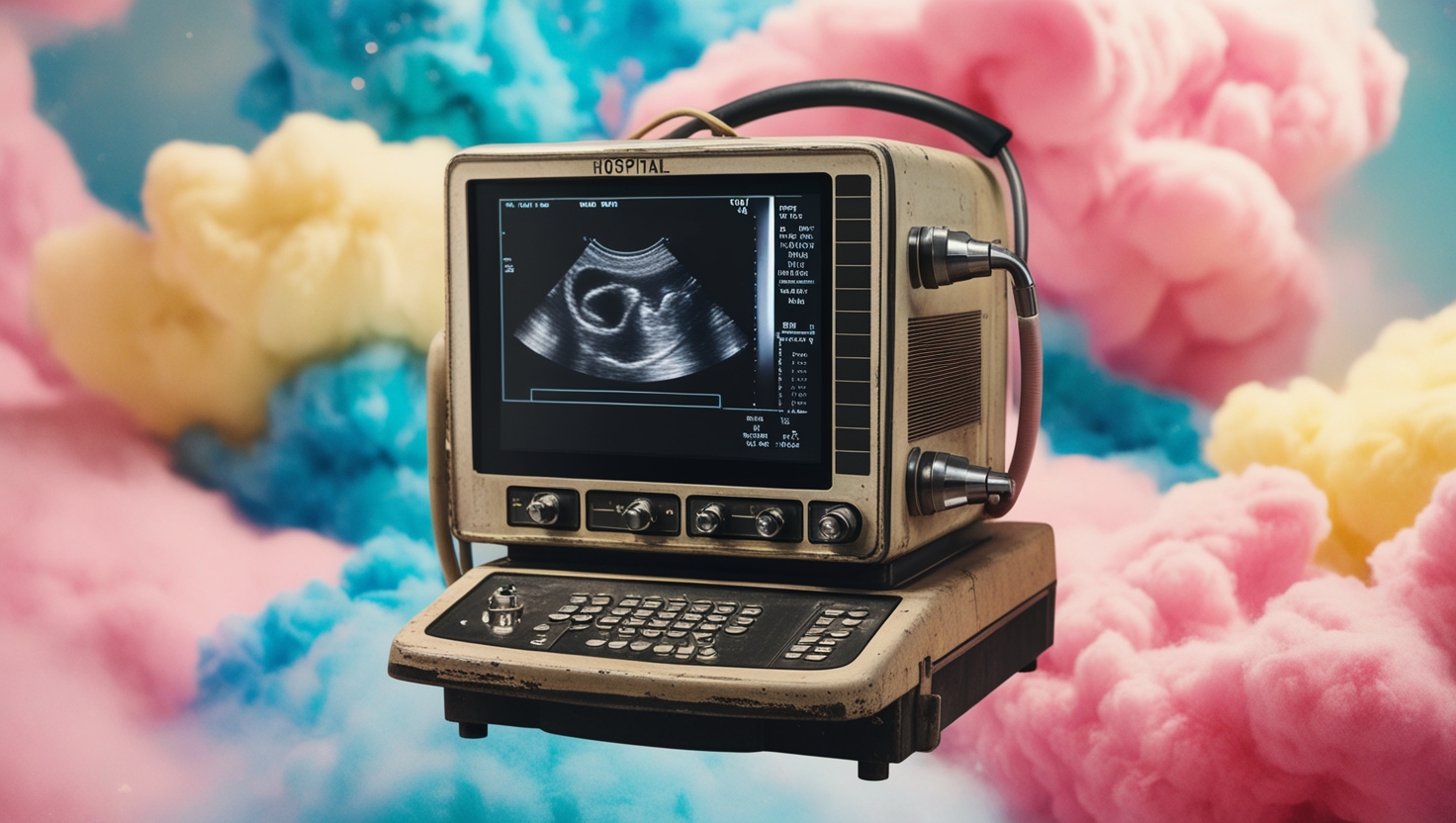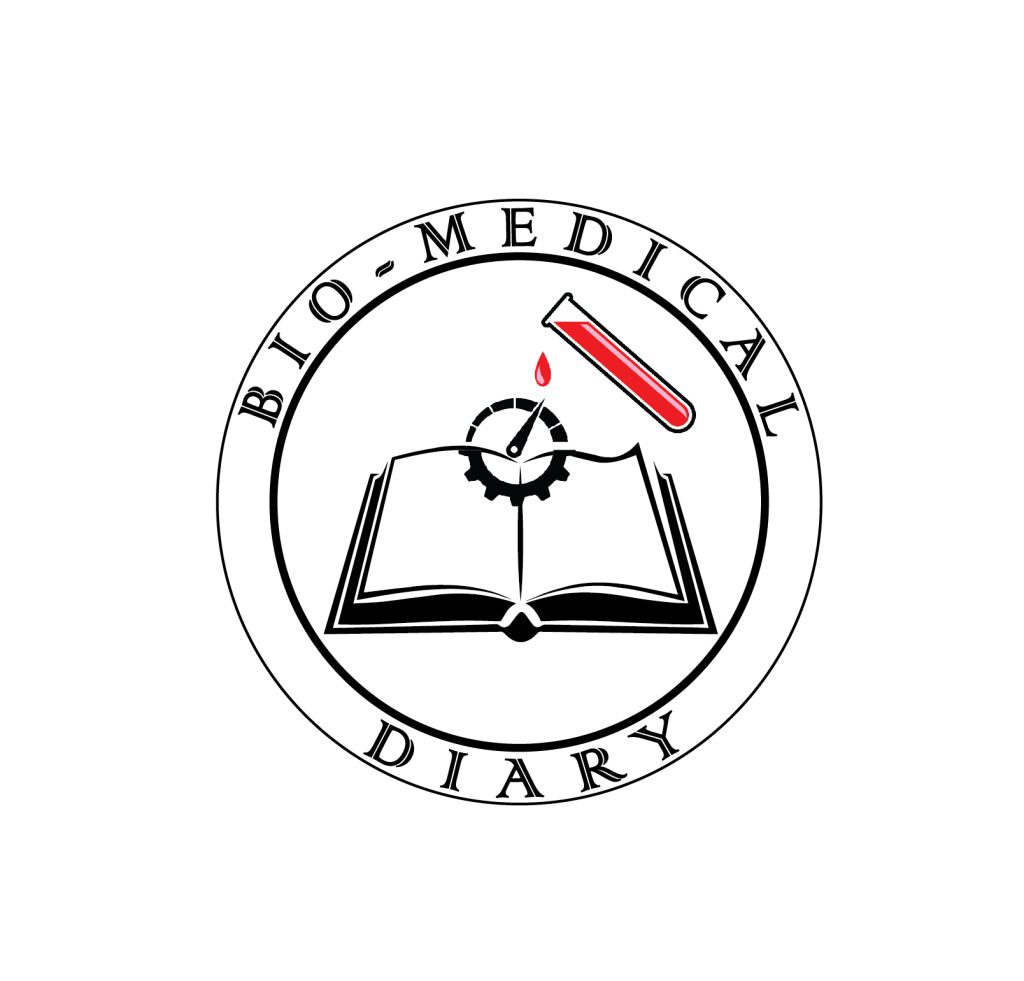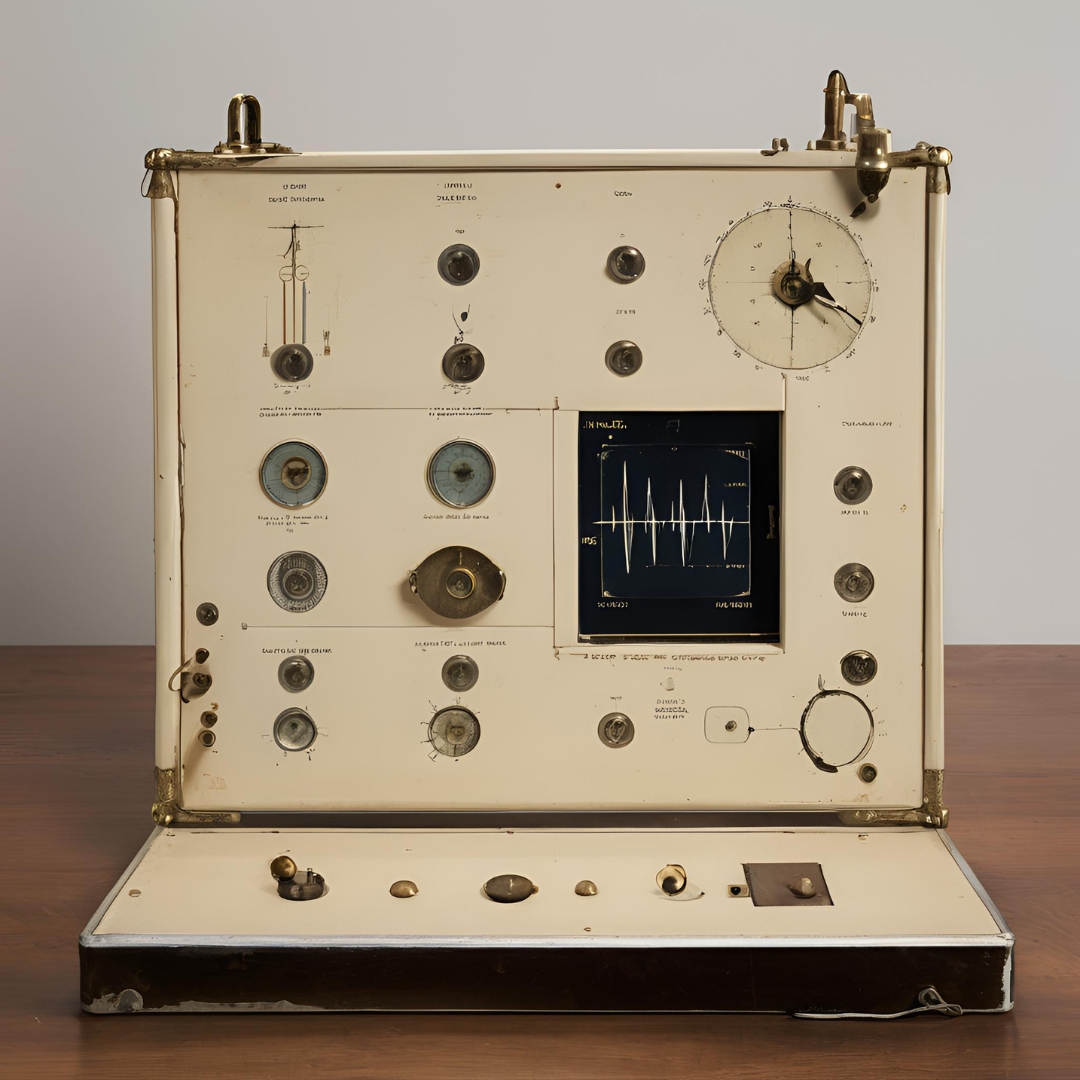As someone immersed in the world of biomedical research, I’ve seen firsthand the incredible breakthroughs that science can offer. New treatments, cutting-edge technologies, and bold innovations are emerging every day, offering hope to millions around the world. But there’s always a balancing act—one that demands careful thought. For every exciting leap forward, we need to make sure we’re not leaving patient safety behind.
This delicate balancing act is what drives the ethical side of biomedical research. We’re constantly asking: How far should we push boundaries in the name of progress? It’s a question I think about a lot, and I know I’m not alone in feeling the weight of responsibility that comes with it. Let me walk you through how I see this balance playing out in the research I love.
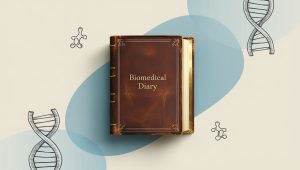
- The Importance of Biomedical Research
When I talk to people about my work, they often express hope about the possibilities in biomedical science. For instance, this field has already delivered vaccines, advanced surgeries, and gene therapies. Moreover, as we continue to innovate, the potential for new breakthroughs becomes even more exciting. Consequently, biomedical science is advancing rapidly, and its future holds incredible promise. At times, it feels like we’re on the brink of curing diseases that have plagued humanity for centuries.
For me, biomedical research isn’t just about labs and data—it’s about people. I see the faces of patients waiting for the next big breakthrough. These individuals are not just statistics; they are human beings hoping for a better life. Therefore, that’s what drives me, and that’s why I believe so strongly in the power of research.
However, with that hope comes real responsibility. Each new treatment or drug involves risk. Thus, we must continuously balance this risk with the need to advance science. Ultimately, answering this question is a challenge we face every day.

- Ethical Principles That Guide Us
In the lab or clinic, I always come back to the same guiding principles. They’re more than just words on a page—they’re the foundation of every decision we make:
- Beneficence: We do this work to help people. Full stop.
- Non-maleficence: “Do no harm” isn’t just for doctors. It’s for all of us in this field.
- Autonomy: Patients have the right to make informed decisions about their health.
- Justice: Everyone deserves access to the benefits of our work, not just a select few.
These principles remind me to keep patient safety at the core of everything we do. It’s not about getting to the finish line quickly; it’s about getting there responsibly.
- The Risks We Face
Let me be honest—biomedical research involves real risks. I’ve seen trials where things didn’t go as planned, and patients faced unexpected side effects. Acknowledging these challenges is crucial for ethical progress.
In every study, especially clinical trials, risks are inherent. However, we take extensive measures to minimize them, including strict protocols, reviews, and safety checks. Most importantly, patients willingly accept some of these risks for the greater good.
Consider the COVID-19 vaccine trials. Early participants understood the stakes and stepped up, believing in the potential to save lives. It’s a profound responsibility to ensure their safety while pursuing breakthroughs that could benefit millions

- Informed Consent: Why It Matters
One of the things I feel most strongly about is informed consent. It’s not just a legal requirement; it’s a fundamental ethical principle. When we ask someone to participate in a study, we have to give them the whole picture—the good, the bad, and the uncertain.
But here’s the thing: informed consent isn’t always easy. It’s not just about handing someone a form to sign. It’s about making sure they truly understand what they’re agreeing to. In my work, I’ve seen how complicated this can get, especially with vulnerable populations—people who might feel like they don’t have any other options.
We have to go above and beyond to make sure participants know what they’re getting into. And if they decide it’s not for them? That’s okay, too. Their autonomy and safety have to come first, no matter what.
- Striking the Balance: Risk vs. Reward
Every day in the lab, we face questions about how far we should push the envelope. Should we take the risk if it means finding a cure? Should we proceed with an experimental therapy that could help but also harm?
Take CRISPR, for example—this gene-editing tool is nothing short of revolutionary. But I can tell you, it’s also a Pandora’s box. The potential to cure genetic diseases is amazing, but we also have to think about the unintended consequences. Could altering a gene create problems we can’t foresee?
For me, it’s about balance. We can’t let our excitement for what’s possible cloud our judgment. Every step forward needs to be calculated, thoughtful, and—most importantly—safe.
- Protecting Vulnerable Populations
Working in this field, I’m especially mindful of the fact that some populations are more vulnerable than others. Whether it’s children, the elderly, or people with rare diseases, these groups often have the most to gain—and the most to lose—from biomedical research.
It’s a tough balancing act. We want to offer hope, but we can’t do that at the cost of their well-being. That’s why protecting vulnerable populations is so critical. Ethical oversight, careful consent processes, and a commitment to fairness are all part of ensuring these individuals are treated with respect and care.

- How Regulation Keeps Us Grounded
I’ve come to value the crucial role of regulatory bodies in keeping us grounded. Although they may seem like gatekeepers slowing progress, they actually protect us from potential risks.
From my experience with studies needing Institutional Review Board (IRB) approval, I’ve seen how rigorous the process can be. Nonetheless, it’s vital for ensuring ethical research and participant safety.
These boards remind us that while progress is exciting, patient safety must always come first.
- What’s Next for Ethics in Biomedical Research?
As technology advances, I encounter new ethical dilemmas daily. For example, artificial intelligence (AI) is revolutionizing healthcare by diagnosing diseases and predicting patient outcomes. However, this progress brings up significant questions about privacy, accountability, and the human touch. Specifically, who is responsible if an AI makes a mistake? This is an issue we need to address urgently.
Furthermore, regenerative medicine introduces another set of ethical challenges. While the concept of re-growing organs or using stem cells to repair damaged tissues is remarkable, it also raises difficult questions. For instance, where should we draw the line?
These questions keep me up at night, and they are issues we must all address as we move forward in the field.
Moving Ahead with Ethics as Our Guide
At the end of the day, biomedical research is about making the world a healthier, better place. But I have to do it the right way—by respecting the dignity, safety, and autonomy of every person who crosses our path.
Ethics isn’t just a side note; it’s the core of everything we do. It’s what guides our decisions, keeps us grounded, and ensures that the future we’re building is one we can be proud of.

